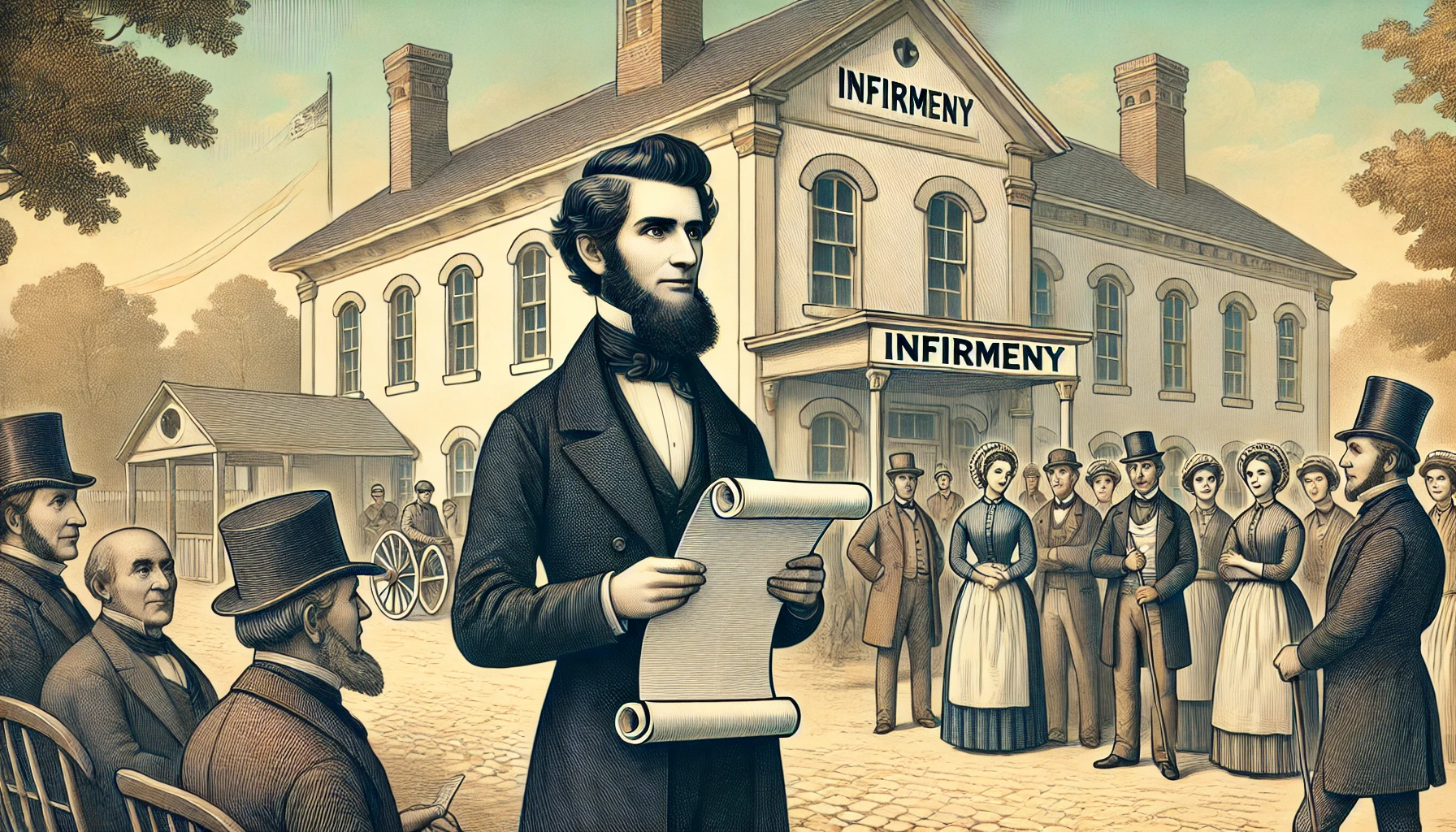Why Karl Marx Would Probably Love IKEA (and Hate It Too)
If Karl Marx ever walked into an IKEA, he’d probably have mixed feelings. On the one hand, he might admire the company’s commitment to affordable furniture for the masses. On the other, he’d likely see it as a microcosm of everything wrong with capitalism—flat-pack alienation, anyone?
Let’s start with what Marx might like. IKEA’s mission to “create a better everyday life for the many people” aligns, at least superficially, with Marx’s vision of serving the proletariat. Affordable furniture that doesn’t require selling your kidney? That’s a win for the working class.
But Marx wouldn’t be able to ignore the darker side. The endless aisles of identical furniture scream “commodity fetishism,” a concept he coined to describe how capitalism obscures the labor behind products. Every Billy bookcase represents hours of unseen work, from the factory worker assembling parts to the cashier scanning barcodes. The shiny veneer of IKEA’s catalog hides the human toil that made it possible.
Then there’s the dreaded assembly process. IKEA turns customers into unpaid laborers, forcing them to build their own furniture. To Marx, this would be the ultimate insult—alienation served with an Allen wrench. You’re not just buying a product; you’re completing the labor chain, all while cursing Swedish instructions.
And yet, IKEA’s success highlights a contradiction Marx would find fascinating. By making furniture accessible, it democratizes comfort. But in doing so, it also perpetuates a system where affordability often comes at the expense of workers and the environment.
In the end, Marx’s trip to IKEA would be equal parts admiration and critique. He might even leave with a LACK table—not because he supports the system, but because even revolutionaries need somewhere to set their coffee.
Originally posted 2024-09-06 03:31:16.



